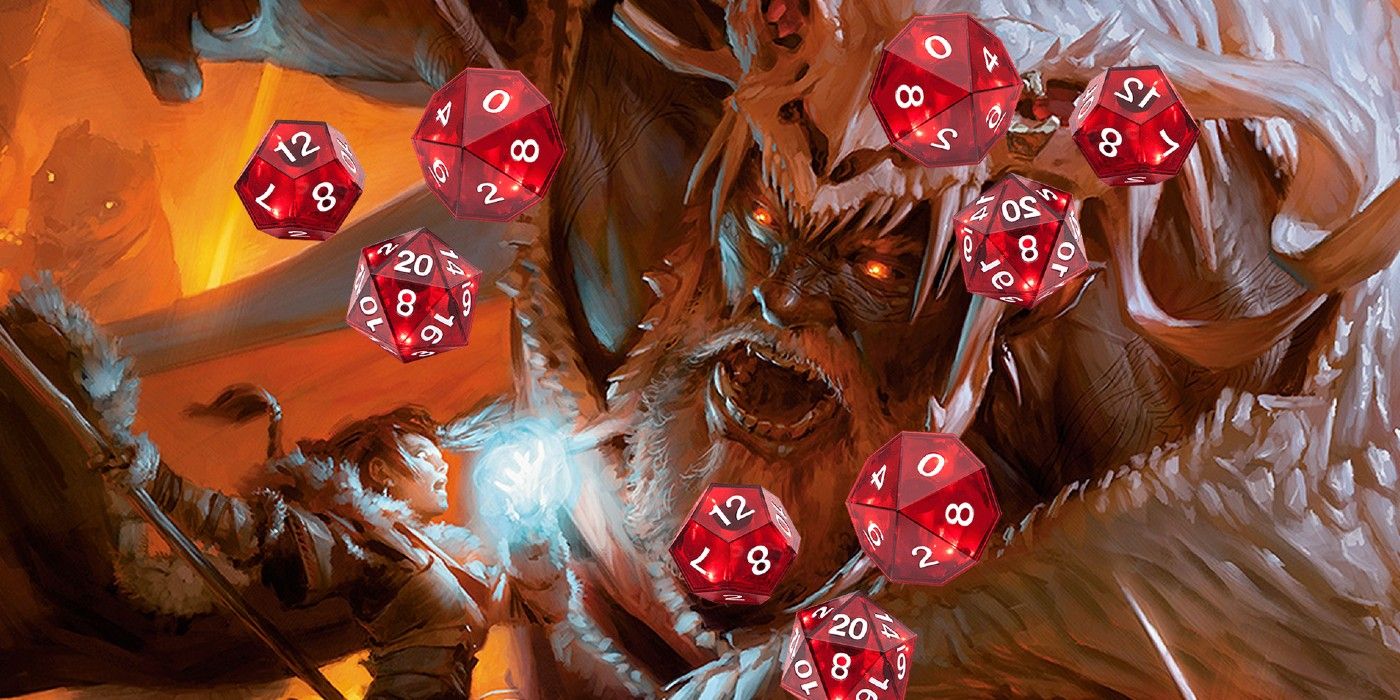Playing Dungeons & Dragons is a team sport. To embark on and enjoy the adventure set up by the Dungeon Master, all players must bring their best teamwork to the table, otherwise the game may crumble due to poor communication. To have a successful and enjoyable campaign, players must be respectful not just to their DM, but also their party members, to help foster an environment where players can speak freely, bounce ideas off each other, and create powerful strategies.
There are three basic rules DMs and players can implement during the preparation stage of a campaign to help the adventure go smoothly. These skills will help all players feel heard, as well as eliminate the possibility of a misunderstanding. The first of these three golden rules is not to talk out of turn. The quickest way to have a Dungeons & Dragons campaign devolve into chaos is for the party to constantly be talking over each other. While it it easy to let player actions be guided by excitement, and it is tempting to express feelings in the moment, players should always try to take a step back and make sure that no one else is talking, and that it is the appropriate time to interject with an idea, attack, or in-character comment. This rule helps D&D players listen more clearly to their party members, and foster good communication from the start of a campaign.
The second rule that players should implement is to always come to the game session prepared. Dungeons & Dragons often has homework outside of a session. Whether this is reading up on a player's class, investigating lore about a new area, or leveling up a character and preparing the next round of spells, it is important to have these tasks done before the session begins. It is frustrating for players who come prepared to be forced to wait on a party member who put preparation off until the last minute, and can often eat into precious play time. Preparing for the session shows party members that the player is committed, and that they respect the time of their DM and the friends they are adventuring with.
D&D Players Should Respect Each Other (& The DM)
The third rule for a successful Dungeons & Dragons campaign is player boundaries. Players need to be clear about respectful roleplay while in character. This rule can be difficult, as every party will need to set these boundaries differently. What is okay in one group may not be in another.
This is especially important when it comes to in-character interactions. Players should check with each other before engaging in conversation that could be considered promiscuous, and make sure that the language and actions being used are okay with both players. It's easy to get carried away while in character, and it is important to remember that there are real people behind that D&D Fighter or Bard a player may be interacting with. Because of this, connecting and expressing what everyone is comfortable with ahead of time can prevent a situation where a player feels uncomfortable.
If players are respectful and think before they speak or act, a D&D campaign is likely to go smoothly and be enjoyable for all at the table. Touching bases regularly before a play session starts helps to make sure that everyone is still feeling comfortable and confident with how communication has been going. This is an excellent way to create a good atmosphere for a Dungeons & Dragons session, encouraging all member of the party to have fun as they journey together through the unknown.


